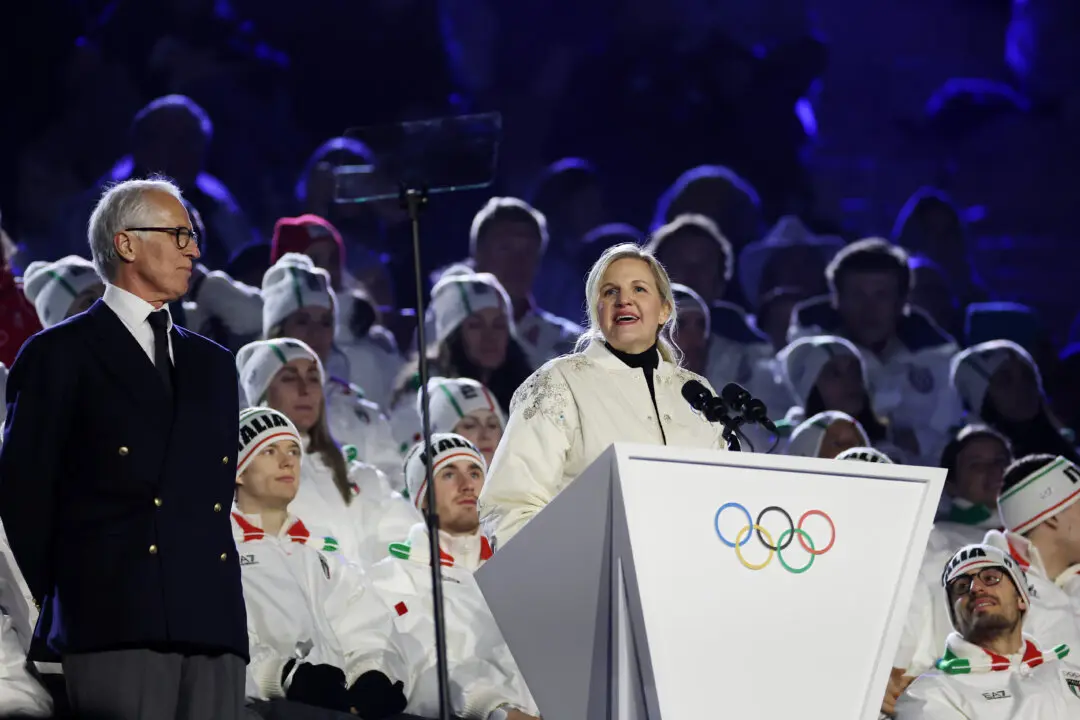With a household income too high for a federal subsidy, Bruce Mainzer and Beth Shadur are bracing for higher health insurance premiums in 2017.
As in other states, many insurers in Illinois have requested double-digit rate increases. Americans ineligible for the government subsidies that help cover their premiums will be hit hardest.
The suburban Chicago couple buys coverage through HealthCare.gov, the federal insurance exchange set up under President Barack Obama’s health overhaul. Mainzer is a consultant in the travel industry, while his wife, Shadur, is an artist and part-time gallery director at a college.
As with many who are self-employed, their combined income can vary a lot, ranging from $65,000 to $100,000 a year. And under the health care law, there is no subsidy for individuals making more than $47,520 a year or families of four earning at least $97,200.
Mainzer and Shadur are among the millions of Americans who buy their own insurance without a tax credit to help defray the cost.
Health insurance already takes a hefty bite out of the couple’s budget. They pay $1,200 a month for a bronze plan with high deductibles, which means they pay $13,000 annually out of pocket before their coverage even kicks in.
“It has been a challenge, and it causes us to dip into our retirement savings and increase our debts,” Mainzer said.





